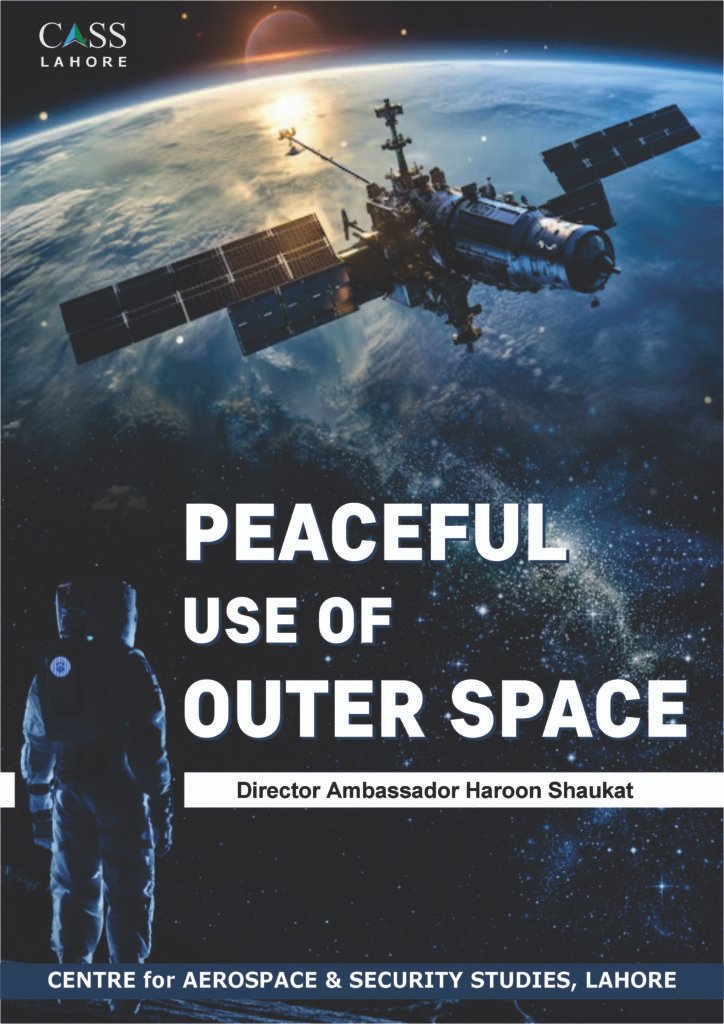PEACEFUL USES OF OUTER SPACE

ABSTRACT
Since the inception of the space era, activities relating to outer space have witnessed transformational developments, from peaceful exploration to increasing deployment of a vast variety of assets and growing dependence on them for a vast range of uses. Simultaneously, the global community has formulated principles and standards to manage, oversee, and, in certain instances, prohibit actions contrary to the peaceful uses of outer space. In the last decade or so, the use of space has fundamentally changed. Technological advancements that are driving these changes are expected to intensify in the times to come. Simultaneously, space-related security threats have grown manifolds, particularly by the ever-increasing integration of technologies, platforms, weapons and dedicated space force structures. Pakistan faces a dual challenge. On the one hand, to be a significant part of global efforts, mainly within the United Nations to mitigate the threat of militarisation of space and on the other, to bridge a fast-growing gap vis a vis India, especially in defence-related space capabilities. This research paper will carry out a comprehensive review of the different dimensions of the subject and make recommendations to meet the challenges.

Ambassador Haroon Shaukat (Retd)
CASS LAhore

The Centre for Aerospace & Security Studies (CASS) was established in July 2021 to inform policymakers and the public about issues related to aerospace and security from an independent, non-partisan and future-centric analytical lens.


